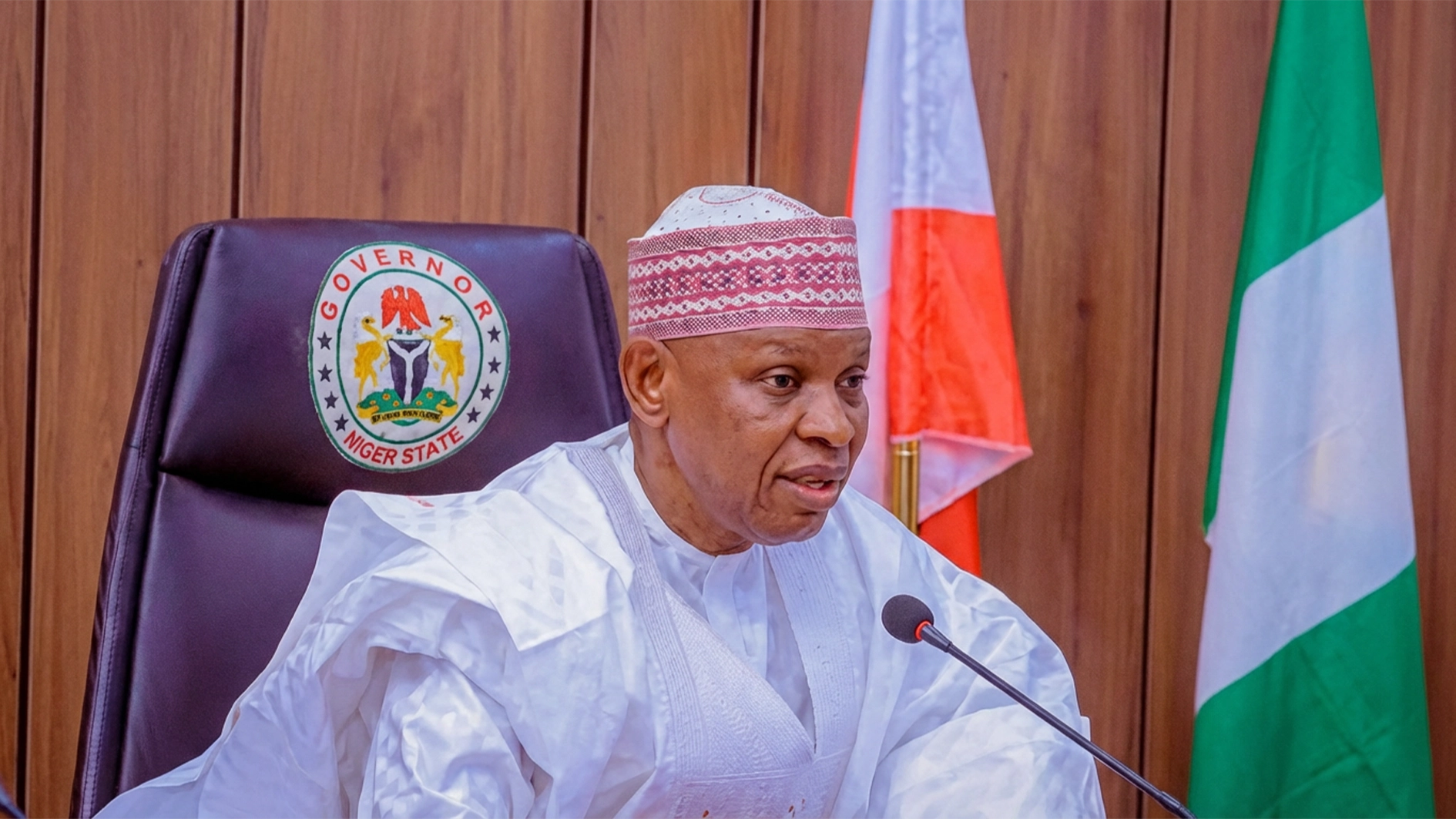The Nigeria Law Reform Commission has called for the establishment of strong regulatory frameworks to protect Nigerians from medical negligence in health facilities and harmful practices in religious centres.
Speaking at the 2025 National Medical and Health Law Conference, organised by the Institute of Medical and Health Law (IMHL), the Chairman of the Commission, Prof. Dakas Dakas, decried the alarming trend of human rights abuses in some religious and worship centres.
He noted that numerous reports in recent years revealed cases of chaining, torture, and deprivation in certain rehabilitation protocols, underscoring the urgent need for a rights-protective, risk-based regulatory framework that balances freedom of religion with public safety and accountability.
Dakas, represented by Associate Prof. Eugene Okolocha, highlighted that religious and worship centres play an important role in providing spiritual guidance, comfort, and psychological support, but there is currently a lack of registration, minimum standards, oversight, and effective reporting mechanisms for instances of abuse, forced confinement, and endangerment of children. He stressed that although many harmful practices are criminalised under existing laws, they are often justified under the guise of religious belief.
Dakas emphasised that faith-based and traditional centres require clear guidelines to ensure compliance with national laws and ethical standards. He added, “Freedom of religion and worship is constitutionally protected, but it is not absolute. Section 45 of the Nigerian Constitution allows for reasonable regulation in the interest of public order, health, and the rights of others.”
He proposed a regulatory framework that would include registration and licensing of all centres operating as organised congregational units under religious or health authorities, with an annual license to operate, technology-friendly reporting systems to enable inspections and accountability.
Others are mandatory reporting of suspected abuses to the National Human Rights Commission, police, and social welfare services, risk-based regulations prioritising civic responsibility, dignity, and equal protection.
The convener of the conference and Dean, Faculty of Law, University of Abuja, Prof. AwakweAbugu, warned that medical negligence should no longer be overlooked and called for closer collaboration between legal and medical professionals to strengthen patient rights and service delivery.
Earlier, Chairman of the Conference Planning Committee, Prof. Innocent Odili, observed that while religious spaces foster community and spiritual equality, they have also become sites of coercion, denial of care, false confinement, and abuse, challenging public trust and human dignity. He emphasised the need to balance religious liberty with public safety and healthcare accountability.
The conference called for a comprehensive regulatory framework addressing the intersection of human rights, religious practices, medical ethics, and governance in a culturally plural society, ensuring that all Nigerians can seek justice and safe care in both health and religious settings.






